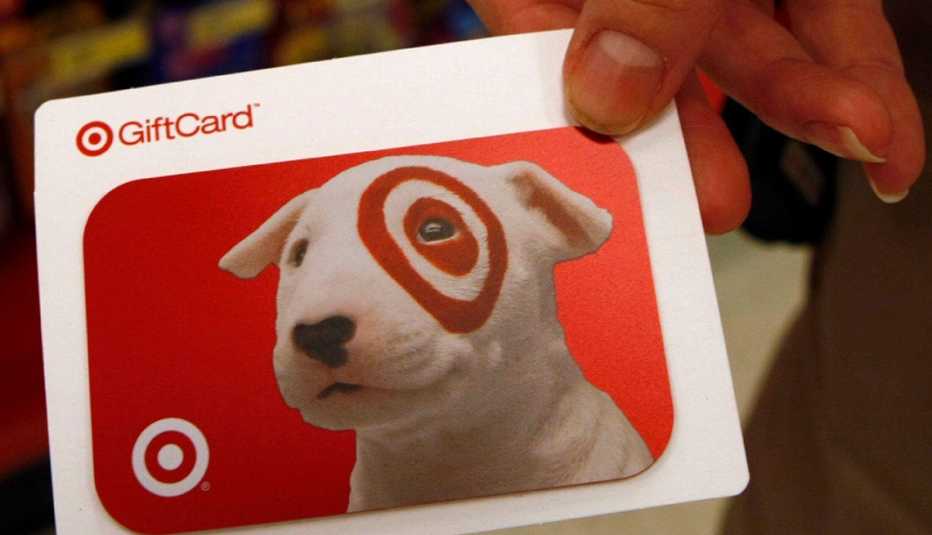AARP Hearing Center
More than a third of U.S. adults have been asked by a scammer to pay a fake fee, debt or other financial obligation with a gift card, a new AARP survey finds. About a quarter of those targeted bought gift cards and shared the numbers with the crooks, losing an average of $200.
“Criminals are most likely to convince people to purchase gift cards to ‘pay fees’ to claim sweepstakes winnings or ‘pay upfront’ for some product or service,” says Kathy Stokes, director of fraud prevention programs at AARP. “Or they impersonate a friend or coworker to coerce their targets to do them a favor by purchasing gift cards.”
The sweepstakes scenario was the most common tactic in gift card payment scams, reported by 15 percent of survey respondents. Next most popular was being asked to pay in advance for a service or product (12 percent), help out a friend or colleague in need (12 percent each) or pay someone’s phone or utility bill (10 percent).
Con artists posing in scam calls as tech support experts or government agents might also demand urgent payment to supposedly fix a computer problem, satisfy a tax bill or clear up an issue with your Social Security number. No matter what the pitch, anyone asking you to pay them with a gift card is a scammer, according to the Federal Trade Commission (FTC).
The FTC logged more than 64,000 complaints about scams involving gift card payments in 2021. Consumers in those cases reported collective losses of $233 million, an 88 percent increase from 2020.





































































